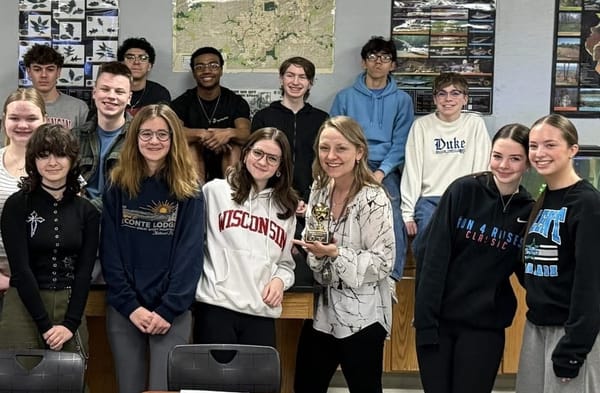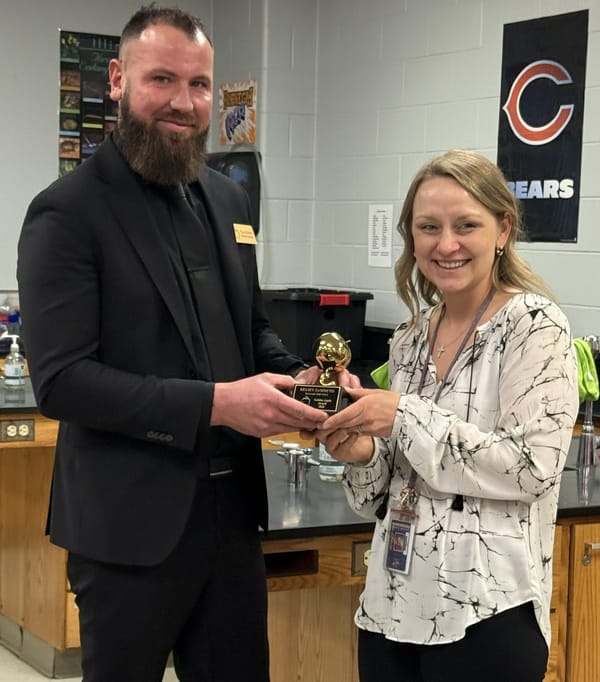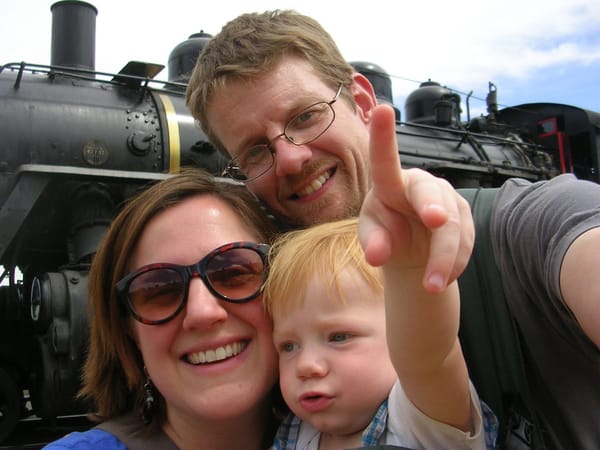Editorial: When the story always hits close to home
Local news is not optional. And we’re going to keep showing up for every side.

It’s easy to write the truth when no one’s arguing with it. The real test is writing it when everyone already thinks they know what it is. Local controversy moves fast. A post goes up, a comment thread builds, and by the time we’ve started making calls, half the community has already picked a side. Reporters don’t get to jump in. We have to slow down. We have to ask better questions, wait for real answers, and write what’s true, even when people have already made up their minds.
Writing for a local news site means we don’t just cover what’s happening in our towns. We live here. When we publish a story, we’re not sending it off to strangers. We’re sending it to neighbors, teachers, parents, and people we pass in the checkout line. That makes the work more meaningful, but it also makes it harder.
Especially when the topic is controversial.
I wish more people understood what really goes into those stories. Not just the writing, but the reaching out. The waiting. The fact-checking. The rewriting. The care it takes to make sure a story reflects what actually happened, not just what someone said in a post or comment thread.
Take the controversy over a book fair as an example. Some parents were upset about a book they believed was inappropriate for younger students. Others worried about censorship and the slippery slope of limiting access. Everyone had something to say. Some of it was respectful. Some of it was not.
We reached out to the school, the superintendent, and the libraries. We asked for policies. We waited for comments. We read everything we could find and tried to present a clear picture. But we knew, before the article even published, that someone would say it was biased. Someone would say we didn’t do enough.
And that is the tension that lives in this work. We are constantly walking the line between urgency and accuracy, between saying enough and saying too much, between being criticized for taking a side and being criticized for not taking one at all.
Some readers assume we’re on one side or the other. The truth is, a lot of the time, our own opinions don’t fit neatly into a box. We can’t take sides because we’ve heard the full conversation. We’ve seen the nuance. We’ve seen valid points from people who disagree, and we’ve seen flaws in arguments that sound convincing at first. Once you’ve sat with enough of these stories, you realize things aren’t as black and white as people want them to be. That’s why we stay in the middle. Not because we’re avoiding the truth, but because we’ve seen too many sides of it to pretend it’s simple.
Writing a fair story is harder than writing something that takes a side. It requires time. It requires stepping back. It requires being willing to set your own opinion aside to understand what matters most to the people involved. And then it requires writing what’s real, not just what people hope to see. Even if it won’t make everyone happy.
Sometimes, the most honest work is also the most misunderstood. But we do it anyway. Because this is where we live. These are our communities. And if we don’t tell these stories with care and context, someone else will tell them without either.
We aren’t just reporting stories. We are documenting history in real time. We are building a record of what was said and what actually happened. Without local reporters, those details get lost. Rumors take their place. The loudest voices get to define the truth, even when it isn’t true at all.
We’re necessary not because we always get it perfect, but because we’re constantly trying to get it right.
That is what local journalism offers. Not a perfect answer, but an honest effort. A process rooted in facts, context, and accountability. That kind of work takes time. It takes access. It takes trust.
And that trust goes both ways.
Maybe the bigger question is not whether reporters are being unbiased, but whether readers are willing to look beyond their own perspective too. To sit with a story that challenges what they already believe. To understand that fairness will not always feel like agreement.
When a community values a non-biased approach, everyone benefits. Journalism gets better. So does understanding. And so does the public conversation.
We’re not here to feed opinions. We are here to build a space where truth can be shared, even when it’s complicated.
Local news is not optional. It’s essential. And we’re going to keep showing up. For every side.
In the 2025 Illinois Press Association competition, Rockton-Roscoe News Associate Editor Alycia Dioneda Schneedle took second place in the News Reporting – Single Story category for her article, Book fair controversy at Prairie Hill sparks community debate over book selection. Besides her work with our publication, she is also an award winning children's book author.





